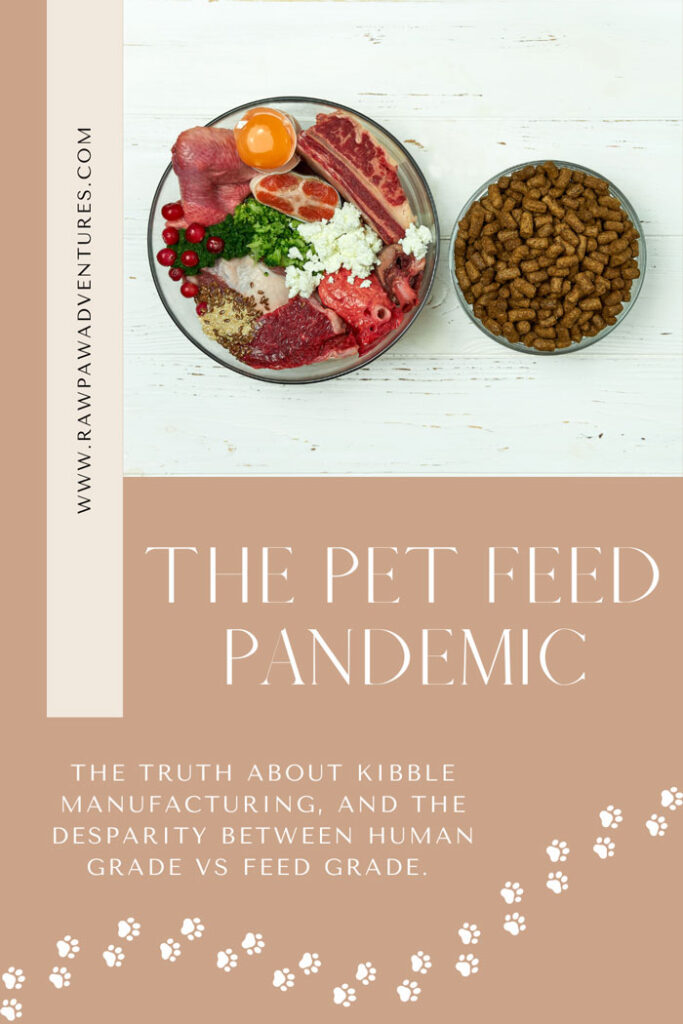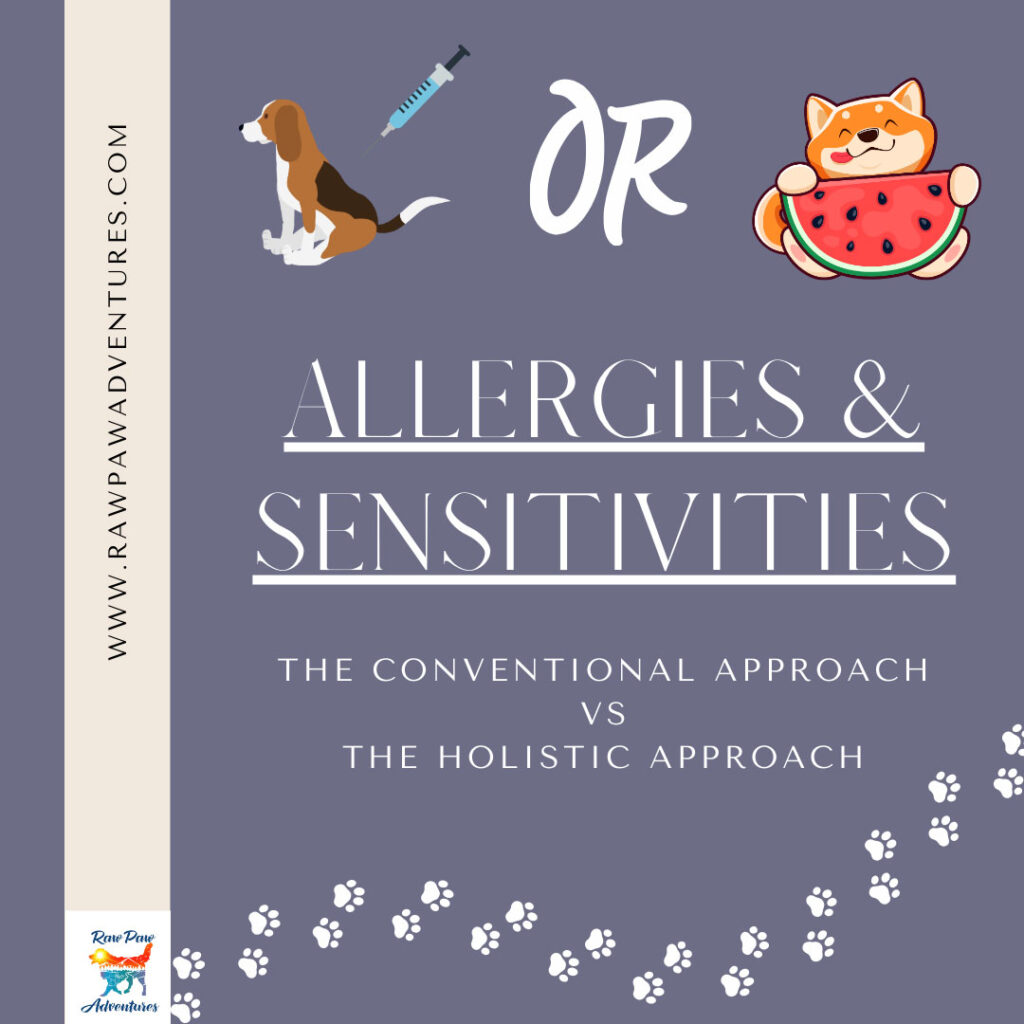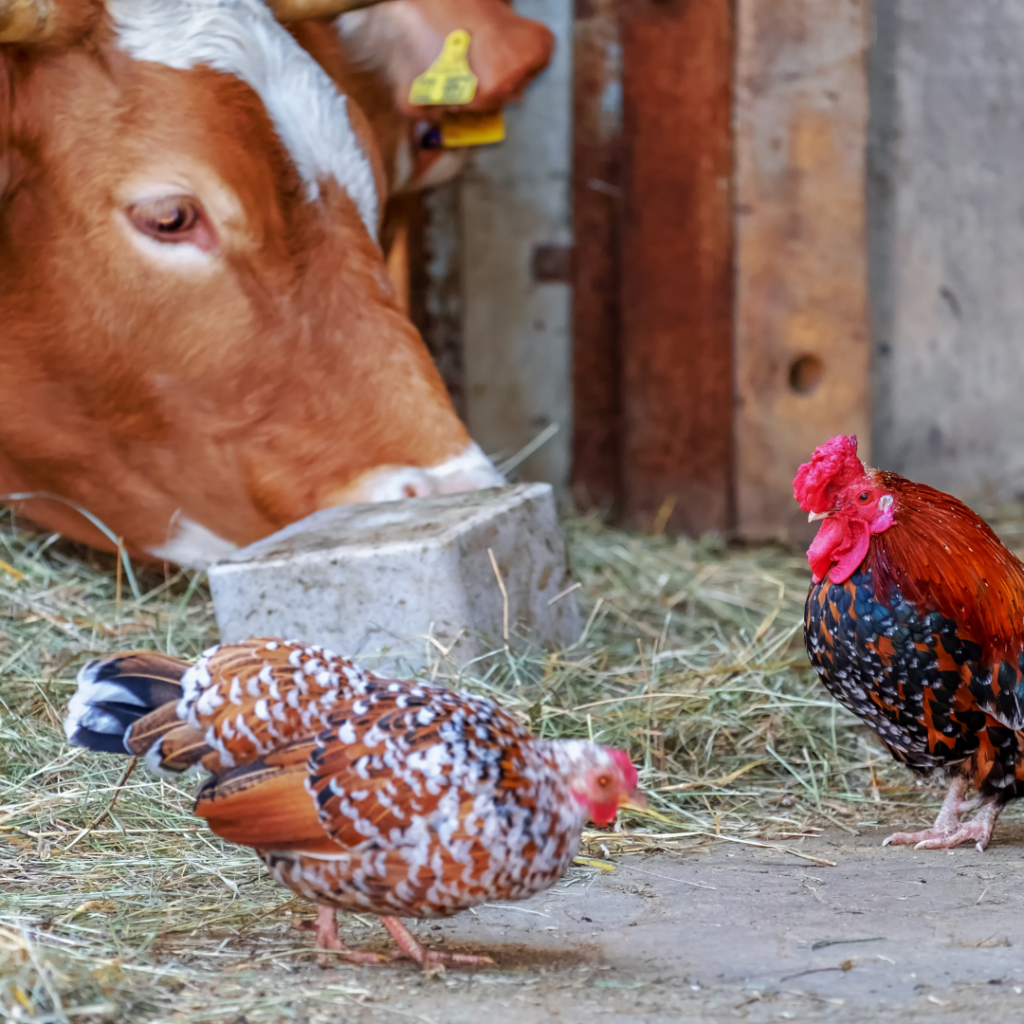
By: Dr. Cathy Alinovi, Angela Ardolino and Kara Hanrahan
In all seriousness though, this discussion about the avian influenza virus that has been the talk of the town for the past few months is an important one. Not only because we obviously want to protect our pets and ourselves, but because the internet, large and wonderful though it may be, often allows for the spread of misinformation or can ramp up fear disproportionately and cause real panic for people.
Let’s start with some definitions, because in order to fully understand this blog post, I want you to be familiar with the terminology. If you already know these terms, excellent! Feel free to skip down to the next paragraph. If you don’t, I hope you’ll find it useful.
- Virus: an infective agent that is not an independently living organism. Their structure consists of a strand of DNA or RNA surrounded by a protein coat, and since they’re 1000x smaller than bacteria they can only be seen under an electron microscope. They are able to multiply only within the cells of a living host and cannot survive long after a host has died because of their sensitivity to temperature, moisture, and sunlight.
- Host: a living being, such as a person or animal, who has been ‘infected by’ or is carrying an organism such as a virus, bacteria, etc. within their body.
- Transmission: the way an organism spreads between hosts.
- H5N1: the designation for the Avian Influenza A virus.
- HPAI: Highly Pathogenic Avian Influenza, the other term for H5N1.
- D1.1 genotype: the strain of the H5N1 virus that has been isolated in poultry and wild birds in the US as well as some humans in the US, British Columbia, and Canada.
- B3.13 genotype: the strain of the H5N1 virus that has been isolated in dairy cows, some human cases and some poultry outbreaks in the US.
- APHIS: Animal and Plant Health Inspection Service
- WHO: World Health Organization
- FDA: Food and Drug Administration
- USDA: United States Department of Agriculture
- FSIS: Food Safety and Inspection Service, a department of the USDA.
- AVMA: American Veterinary Medical Association
Now that you’ve got your definitions written out, let’s get into the nitty gritty.
WHAT is happening?
In late 2021, the CDC started to see H5N1 numbers in birds increase across the United States. Starting January of 2022, closer monitoring of birds began, and in February of 2022, the CDC and other local and state health departments began monitoring people who have been exposed to animals infected with H5N1. About 20,000 people were monitored for 10 days after exposure to infected animals, mostly birds, and 830 of them were tested, but the data isn’t clear if any tested positive. Between 1/20/22-12/23/24 (nearly three years), H5N1 was detected in about 11,000 wild birds, and about 127,500,000 poultry.
Now, this is not new- this virus was initially discovered in 1996 and is actually similar to many others. I can remember back in 2000 when people didn’t go outside for a whole summer because the West Nile virus had them in a widespread panic, and again in 2009 when everyone was terrified of the swine-flu (H1N1) and boycotted pork. Viruses rear their heads occasionally, then quiet down for a while before circling back and making another appearance; this is the circle of viral life so to speak.
What IS different right now is that as of March 2024 the B3.13 genotype of the Avien Influenza was found in dairy cows. This is the first time that a bird flu virus has been found in cows, although they have been detected in over 200 different mammals prior to cows, including foxes and sea lions. Then, on April 1st 2024, the CDC documented a case of H5N1 infection in a person with exposure to infected dairy cows. This is currently thought to be the first instance of potential cow to human spread of this virus. Between 3/25/24-12/25/24, 891 herds of dairy cows have been affected.
Since this more recent concern in April of 2024, about 10,600 people have been monitored (6800 of which have been exposed to dairy cows and 3800 of which have been exposed to birds and other animals), and 66 thus far have tested positive for H5N1. Most of those cases have been in California (40), with the next highest in Washington (11) and Colorado (10). However actual symptomatic infection of a person with H5N1 is relatively rare, and usually mild.
WHAT are the symptoms?
For people, viral illness symptoms usually manifest as lethargy, headache, muscle aches, fatigue, fever, cough, nasal secretions and shortness of breath. Additional possible symptoms for this virus are redness and/or discharge of the eyes, diarrhea and vomiting. Remember that those who are very young, very old or immunocompromised may present differently and with worse symptoms than others.
Per the AVMA, the symptoms for cats “may start with loss of appetite, lethargy, and fever, then quickly progress, with cats exhibiting neurologic signs, depression, nasal discharge and other respiratory signs, including tachypnea, dyspnea, and possibly sneezing or coughing.” Unfortunately our kitty cats seem to have a more difficult time with this virus and there is a higher mortality rate.
The AVMA lists these symptoms for poultry infected with H5N1: “sudden death with no prior signs, low energy or appetite, purple discoloration or swelling of various body parts, hemorrhages on un-feathered parts of the legs or feet, decreased egg production, or soft-shelled/misshaped eggs, nasal discharge, coughing, or sneezing, lack of coordination, diarrhea, and death.” While wild birds seem to tolerate H5N1 relatively well, it can cause severe symptoms and death in poultry.
According to the USDA, cows who have tested positive for H5N1 have recovered “with little to no associated mortality” and exhibit low appetite and decreased milk production. Unlike with poultry, the B3.13 genotype does not seem to be highly pathogenic for cows, and the American Association of Bovine Practitioners are recommending renaming this genotype to Bovine Influenza A Virus because of it.
HOW does it spread?
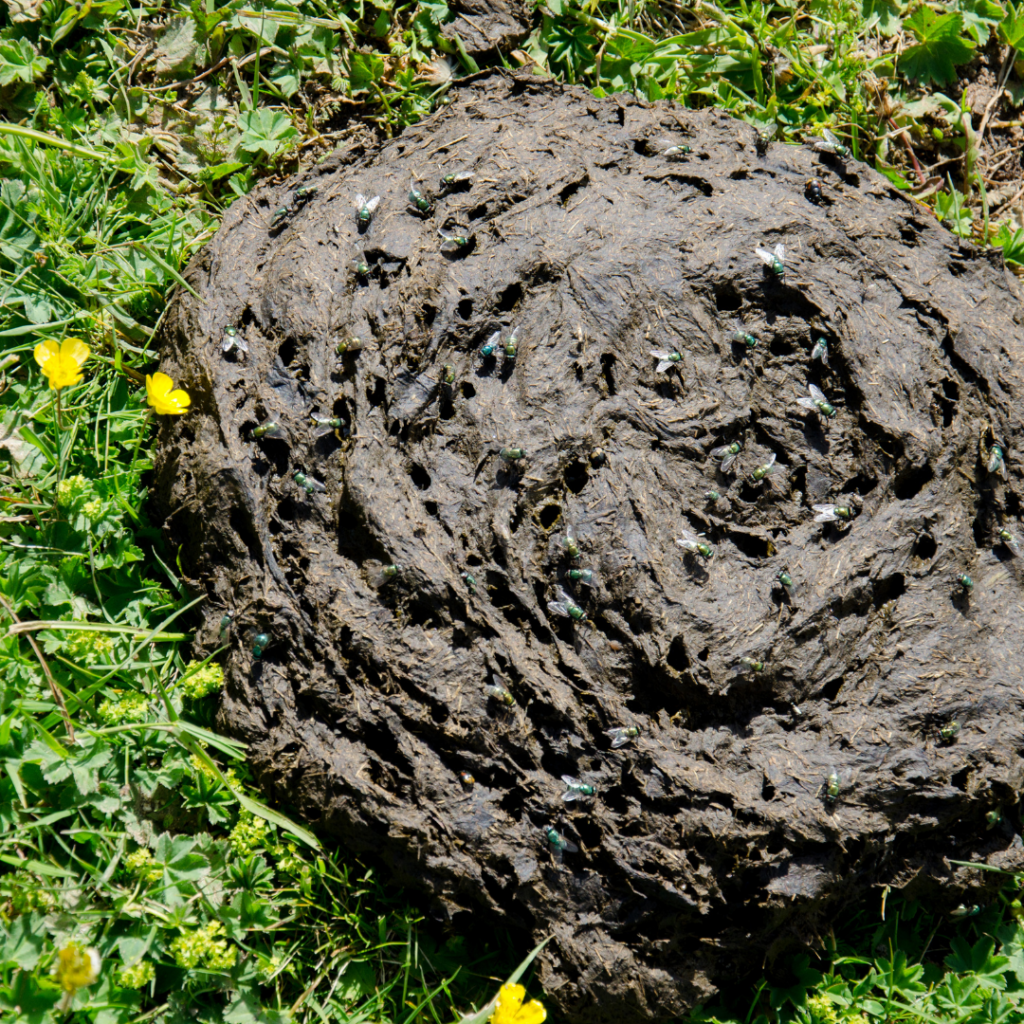
Per the CDC, “infected birds shed avian influenza A viruses in their saliva, mucous, and feces. Other infected animals may shed avian influenza A viruses in respiratory secretions and other bodily fluids. No person-to-person spread of H5 bird flu has been detected.” The WHO has also stated that human to human transmission does not appear to be present as “the virus has not acquired mutations that facilitate transmission among humans.”
Reports of people who have tested positive for H5N1 show that they were either in contact with dairy cattle, wild birds, poultry, or domestic birds who were infected with H5N1.
For cats, tentatively it appears infection has either happened from exposure to bodily fluids of infected birds, consuming raw food that tested positive for H5N1, or consuming raw milk that tested positive for H5N1. There is minimal data about any other lifestyle factors of the indoor cats who have contracted H5N1 thus far.
WHAT is being done?
Many raw pet food companies and human companies who offer raw dairy products are taking precautions to ensure their flocks and herds are not carrying H5N1, and are looking for testing methods that are accurate, efficient, and cost effective. As it stands, while there are currently testing methods that can be done by the CDC, USDA, hospitals and other healthcare facilities to check for presence of H5N1 in people and animals, there are none that are commercially available right now for our beloved fresh food companies to test animal flesh or consumable animal products, aka ground meats, milk or eggs. They are following the news, the trends, and the data closely and you should look to individual companies to update you on their practices and product availability and safety.
If you are feeding fresh, human grade food to your pet, then that food is coming from a USDA inspected facility that has to comply with government regulations for testing and distributing. According to APHIS, “dairies are required to send only milk from healthy animals into processing for human consumption; milk from impacted animals is being diverted or destroyed so that it does not enter the human food supply.”
In addition to that, the USDA tested for the presence of H5N1 in cooked meat after they injected it with an incredibly high vital load, much more than would normally be expected to be present. The studies showed that cooking at temps as low as 120 inactivated the virus.
WHAT can you do?
If you’re concerned about yourself, your family or your pets, there are a few steps you can take depending on your level of potential exposure.
For animals:
- If you have only livestock but no cats or dogs: I would assume that you are probably feeding your livestock, collecting eggs and taking them inside, and possibly milking your cows. Use good sanitary practices, wash any feces off the chicken eggs with warm water and/or vinegar and then wash your hands. This means those eggs are no longer shelf stable, so they’ll need to be refrigerated. I would also recommend removing all boots used to walk through the livestock areas outside so as to not track any potentially contaminated feces inside.
- If you have a strictly outdoor cat or dog and live on a farm with livestock: you likely are not going to be able to separate your cat or dog from the livestock areas. Therefore, close monitoring of your animals for any symptoms of H5N1 is key, and be sure to isolate any animals who are symptomatic and seek appropriate care for them as needed. This is in addition to the methods outlined in option 1.
- If you have dogs and cats who live inside but also are allowed outside and you live on a farm with livestock: consider keeping the cats inside if there are reports of H5N1 in your area, and your dog away from the livestock. Otherwise, consider following the same precautions as option 1 and 2.
- Aside from monitoring the health of your animals, you should also be sanitizing the areas where they leave body fluids such as saliva, urine and stool since transmission occurs from exposure to body fluids. It also never hurts to keep the yard and litter box nice and clean regardless of the circumstance.
- For premade pet foods, there are studies that show that HPP is generally safe and effective at neutralizing viruses at >600mpa. That said, there is a raw pet food company who uses HPP and had a confirmed batch of raw food test positive for H5N1. They are investigating the source of the contamination and have been updating their consumers frequently. As already mentioned, cooking to a temp of 120F will neutralize H5N1, so that is also an option.
For you:
- If you or any of your human family members have symptoms of H5N1 and are concerned, seek medical attention or confer with your healthcare provider. As noted, most people tolerate a viral illness with mild to moderate symptoms and never need hospitalization or significant medical care. However some people are at higher risk, and one should always take precautions when feeling ill including isolating themselves from other family members if possible, especially if there are members of the household who are older, younger, or immunocompromised.
- Make sure you’re keeping the areas where you cook food very clean as well. Cooking to about 130F (slightly pink in the middle) neutralizes H5N1 just like most other viruses because they’re so sensitive to heat. So if you’re cooking poultry for your family and decide to cook it for your pets too, you’re likely in good shape. However you then want to be sure to thoroughly clean the prep area, just like you would any normal day that you handle raw meat.
- RELAX and breathe. I’m not telling you to ignore the discussion or bury your head in the sand, but anxiety, stress and fear all cause your stress hormones to go up which negatively impacts your immune system. The best approach is a calm, informed and well-researched one, which is what I’m hoping to provide to you here.
For both your pets and yourself:
Add immune boosting and natural antiviral foods into the diet as much as possible. This is good practice no matter what is going on in the world, but especially if you’re feeling ill or worried. Below are some examples of different foods, supplements, herbs, and adaptogens that can make a positive impact on immune health.
How CBD and Full-Spectrum Hemp can help
- Cannabinoids like CBD and THC have been shown to support the immune system by reducing inflammation and enhancing immune responses. CBD Dog Health offers full-spectrum hemp products tailored for pets:
- EASE: A tincture for dogs and cats that combines full-spectrum hemp extract with turmeric and frankincense. It’s ideal for reducing inflammation and supporting overall immune health.
- Functional mushrooms have been used for centuries due to their numerous benefits, including fortifying the immune system and supporting digestion, which are linked to the many compounds found in their cell walls including beta-glucans and triterpenes.
- BREATHE & VITALITY: Mycodog tinctures are specifically designed to strengthen immunity with a blend of medicinal mushrooms.
Although CBD Dog Health and Mycodog products are technically marketed for dogs and cats, they’re all human grade and top quality, and I take the full spectrum hemp extracts and mushroom tinctures myself on a daily basis. I can confidently share that my overall health has improved since doing so as well as the health of my dogs and cats. Supplements like these work with your immune system to support them at all times, rather than exerting only a boosting or dampening effect, making them very versatile.

Medicinal Mushrooms
- Reishi (Ganoderma lucidum)
- Reishi mushrooms are well-known for their immune-modulating effects. They help regulate the body’s response to infections and reduce inflammation.
- Recommended Product: Mycodog’s Vitality contains Reishi along with Turkey Tail and other medicinal mushrooms, making it a powerhouse for immune support.
- Note: this is my personally favorite blend that I put in my coffee each morning.
- Recommended Product: Mycodog’s Vitality contains Reishi along with Turkey Tail and other medicinal mushrooms, making it a powerhouse for immune support.
- Reishi mushrooms are well-known for their immune-modulating effects. They help regulate the body’s response to infections and reduce inflammation.
- Turkey Tail (Trametes versicolor)
- Rich in polysaccharopeptides (PSP) and polysaccharide-K (PSK), Turkey Tail mushrooms enhance immune system functionality and support gut health, crucial for overall resilience.
- Recommended Product: Mycodog’s Vitality and/or Digest. I personally like to rotate.
- Rich in polysaccharopeptides (PSP) and polysaccharide-K (PSK), Turkey Tail mushrooms enhance immune system functionality and support gut health, crucial for overall resilience.
- Chaga (Inonotus obliquus)
- Known for its high antioxidant levels, Chaga fights oxidative stress and enhances the immune response.
- Recommended Product: Mycodog’s Vitality contains Chaga for comprehensive support.
- Known for its high antioxidant levels, Chaga fights oxidative stress and enhances the immune response.
- Maitake (Grifola frondosa)
- Maitake mushrooms contain beta-glucans that help stimulate the immune system, making them an excellent choice for pets facing viral challenges. These are delicious to add to meals and can be found at most health food stores.
Herbs & adaptogens:
- Elderberry (Sambucus nigra)
- Elderberries are rich in antioxidants and bioflavonoids, which can shorten the duration and severity of viral infections.
- Recommended Product: Beekeeper’s Naturals has a line of immune supporting and illness releiving products that I use when I’m not feeling well. You can view their products at Immune Support Supplements | Beekeeper’s Naturals, and you’ll find that several of them contain Elderberries.
- Echinacea
- Echinacea helps boost immunity and may reduce the risk of infections by enhancing immune activity.
- Licorice Root (Glycyrrhiza glabra)
- This soothing herb contains glycyrrhizin, which has shown antiviral activity and supports respiratory health.
- Astragalus (Astragalus membranaceus)
- Astragalus is an adaptogen that strengthens the immune system and supports resistance to viral infections.
- Recommended Product: Mycodog’s Vitality and/or Digest.
- Astragalus is an adaptogen that strengthens the immune system and supports resistance to viral infections.
- Turmeric
- Curcumin, the active compound in turmeric, isn’t very well absorbed through the intestines. This makes it an ideal natural supplement to directly impact and improve GI health. The health of your GI tract directly impacts your immune health and needs to be supported always.
- Recommended Product: CBD Dog Health’s EASE tincture contains a blend of herbal and hemp ingredients to support immune health including turmeric.
- Note: I take this every night before bed for chronic neck pain associated with a career in healthcare. It supports my immune health and is a natural anti-inflammatory.
- Recommended Product: CBD Dog Health’s EASE tincture contains a blend of herbal and hemp ingredients to support immune health including turmeric.
- Curcumin, the active compound in turmeric, isn’t very well absorbed through the intestines. This makes it an ideal natural supplement to directly impact and improve GI health. The health of your GI tract directly impacts your immune health and needs to be supported always.
- Ashwagandha (Withania somnifera)
- This adaptogen reduces stress, which can weaken the immune system, and supports overall resilience. It’s also great for pets experiencing stress-induced immune suppression.
- Recommended Product: Mycodog’s Vitality and/or Breathe, or the Breathe Easy duo.
- This adaptogen reduces stress, which can weaken the immune system, and supports overall resilience. It’s also great for pets experiencing stress-induced immune suppression.
- Holy Basil (Ocimum sanctum)
- Also known as Tulsi, Holy Basil has antiviral properties and helps reduce oxidative stress.
Functional foods
- Probiotics
- A healthy gut microbiome is vital for a robust immune system. Probiotics found in fermented foods can enhance immunity and resistance to viral threats. Fresh food is a natural probiotic, so things like raw milk, kefir, sauerkraut, kimchi, mushrooms, and other fermented foods are usually easy to find at the store.
- Recommended Product: Green Juju Wild Fermented Mushroom Probiotic is another healthy, natural supplement that is excellent for digestive health. Find it at Green Juju | Whole Food Supplements for Dogs | Feed Fresh
- Recommended Product: Gussy’s Gut Fermented Organic Superfoods have excellent bioavailability and naturally supports your pet’s gut microbiome. Find it at Order Daily
- Vitamin C rich foods
- Vitamin C fights oxidative stress and decreases inflammation within the body, making it a helpful vitamin to include in the diet for immune health.
- Foods high in vitamin C include beef liver, fish roe, beef & lamb kidney, raw milk, camu camu, kakadu plums, acerola cherries, guava, blackcurrants, red bell peppers, kiwis, brussels sprouts, broccoli, strawberries, papaya, oranges, and lemons.
- Zinc rich foods
- Zinc is an important mineral for the immune system, as it boosts immune response and cellular function.
- Foods high in zinc include oysters, crab, beef, liver (lamb, beef, pork, duck), mussels, sardines, clams, venison, elk, chicken gizzards, chicken hearts, lamb, spinach, oyster mushrooms, kale, and artichokes.
- Honey (Raw or Manuka)
- Honey provides antimicrobial and antiviral properties while soothing the throat and respiratory system.
- Looking for local honey is an excellent option and asking if your local supplier also sells bee pollen may be beneficial, as bee pollen and propolis have immune benefits.
- Always try to buy honey in a glass jar if possible, as plastic can contain harmful BPAs and that risk can increase the longer it sits in the plastic container.
- Recommended Product: Immune Support Supplements | Beekeeper’s Naturals does sell a bee propolis throat spray.
In summary… now what?
Great question- the answer is different for everyone. I would love to have you listen to the great conversation Dr. Cathy and I had about this topic, which can be found at this link. I personally do not plan to stop feeding my cats raw poultry from a premade raw company I trust. Nor will I stop feeding my dogs raw chicken parts that I get from my local co-ops, who source the ingredients from local farms here in California. I also plan to continue giving all of them raw goat milk, and giving myself raw cow milk daily as I have done for months now.
I know that I’m supporting my immune health, gut health, and overall health by eating a healthy diet, living an active lifestyle, and taking a couple of immensely helpful supplements to give me a leg up. It’s the same for my dogs and cats. That is enough to make me feel comfortable continuing on as we always have. You need to make the decision that feels right for you, and if things change, then my practices will change. Until then, I won’t stress, and I’ll move forward while keeping myself well informed and prepared for whatever comes next.
About the co-authors:
Angela Ardolino
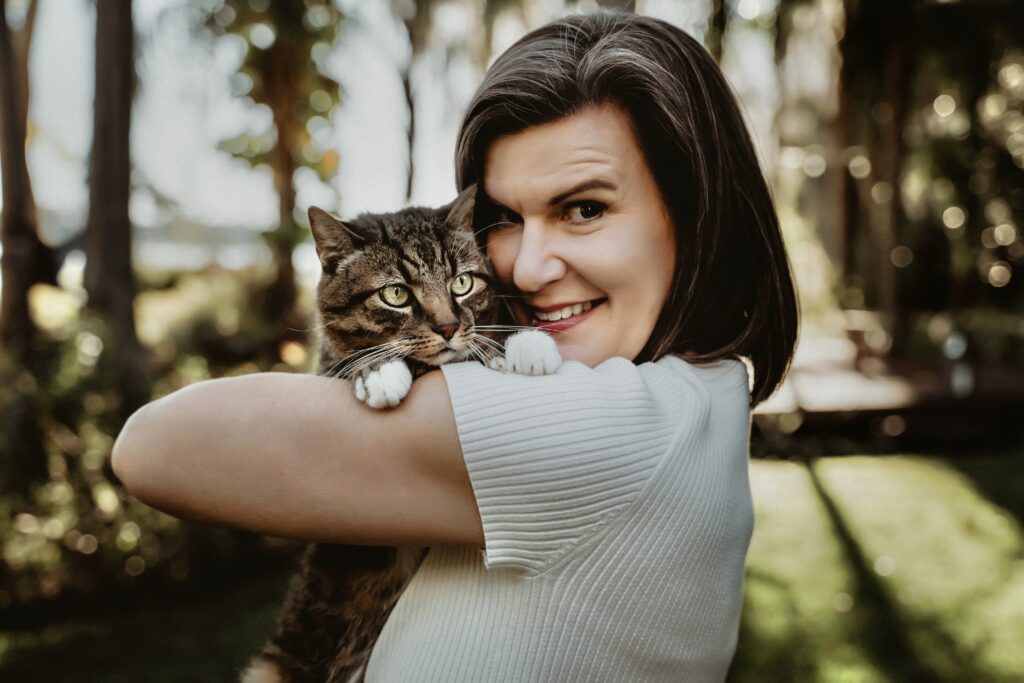
Angela Ardolino, a certified cannabis and fungi clinician, brings over 20 years of expertise to the field of holistic pet wellness. As a graduate of the inaugural Medical Cannabis for Therapeutic Use program at the University of Vermont School of Medicine, she is a passionate advocate for safe, natural, and ethically-grown whole plant and fungi medicine tailored for pets. Angela is the founder and formulator behind CBD Dog Health and MycoDog, two pioneering brands that prioritize pet health through carefully crafted Full Spectrum Hemp Extract CBD for dogs, cats, and horses, as well as wild-harvested, triple-extracted mushrooms and adaptogens. Committed to the highest standards, Angela’s products are made with U.S.-grown, ethically sourced ingredients designed specifically to support pet wellness. She continues to educate and inspire pet parents through her popular podcast, Your Natural Dog, where she hosts experts to discuss holistic pet care, natural remedies, nutrition, and training. Follow Angela Ardolino on her website, Facebook, Instagram, TikTok, LinkedIn and YouTube to stay updated on her mission to educate and empower pet parents everywhere.
Dr. Cathy Alinovi DVM

Dr. Cathy Alinovi DVM, a retired veterinarian, now holistic health coach for pets, is quickly gaining national recognition for her integrative approach to animal health. After graduating from veterinary school, she quickly realized that conventional medicine did not meet enough of her patients’ needs and became certified in Animal Chiropractic care, Veterinary Acupuncture, Chinese Herbal Medicine and other very effective alternative modalities. In her practice, Dr Cathy treats 80% of what walks in the door — not with expensive prescriptions — but with adequate nutrition. Healthy PAWsibilities Natural Pet Wellness Center is THE place to develop a healthcare program for healthy pets. As well, Dr Cathy is executive director of Next Generation Pet Food Manufacturers Association – the only trade association that represents fresh pet food. Her goal? Keep fresh food available for all pets and their owners!
References:
Avian influenza | American Veterinary Medical Association
Avian influenza A (H5N1) in cats | American Veterinary Medical Association
CDC Confirms First Severe Case of H5N1 Bird Flu in the United States | CDC Newsroom
Current Situation: Bird Flu in Dairy Cows | Bird Flu | CDC
H5 Bird Flu: Current Situation | Bird Flu | CDC
Bird Flu and Raw Milk: Where is the Evidence? — Raw Milk Institute
H5N1 and Safety of U.S. Meat Supply | Animal and Plant Health Inspection Service
Oregon avian flu cat death prompts nationwide raw pet food recall | CIDRAP

